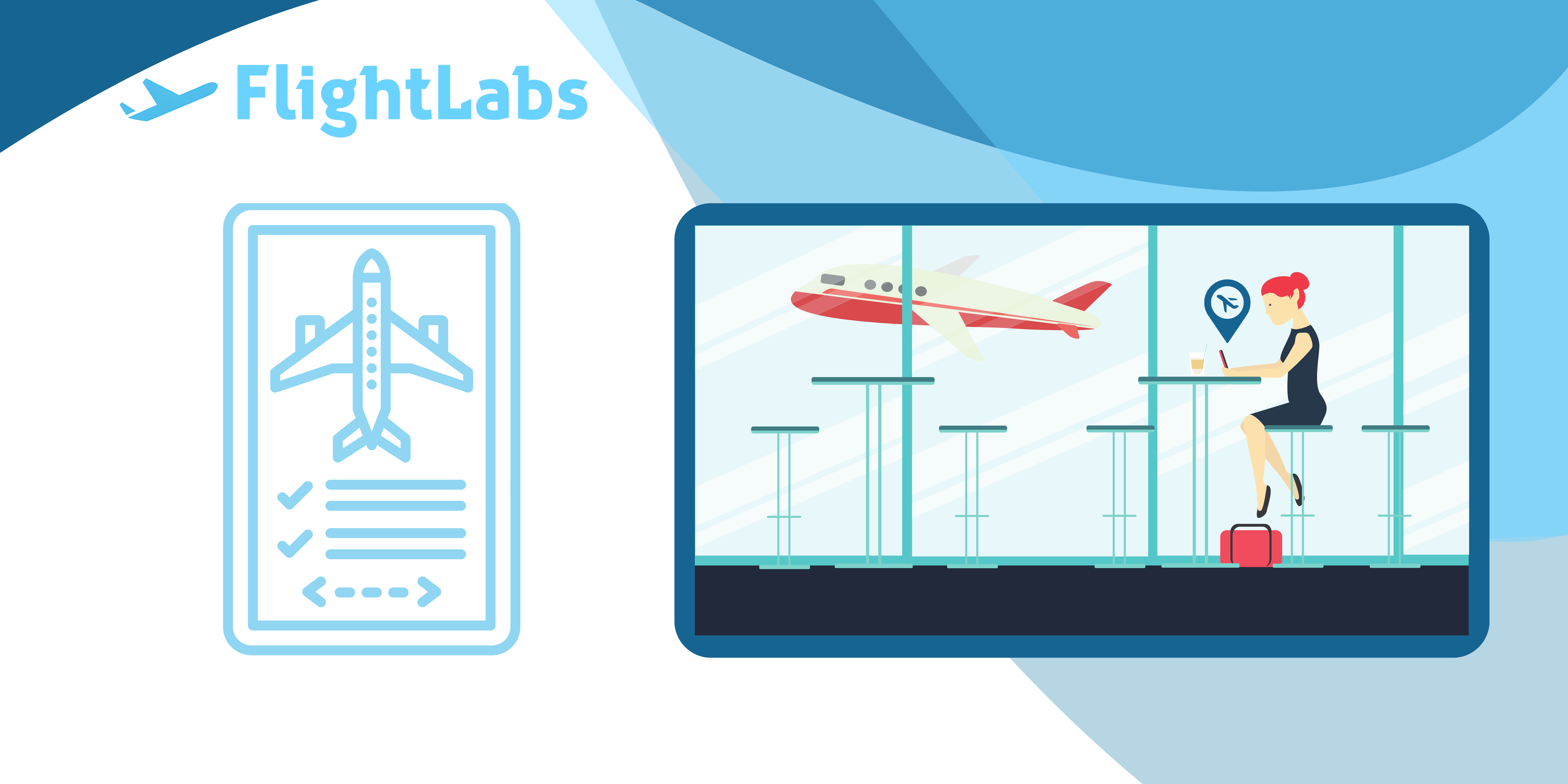Airplanes API: Developer Friendly Airplane Tracking

In the ever-evolving landscape of software development, APIs play a pivotal role. Among these, Airplanes APIs have emerged as a crucial tool for developers. Leading the pack in this domain is FlightLabs, renowned for its robust and developer-friendly Airplanes API. FlightLabs stands out as a premier provider, enabling developers to build next-gen applications with ease.
Features and Benefits of Airplanes APIs
Airplanes APIs offer a plethora of features designed to empower developers and enhance the functionality of their applications. One of the standout features is real-time flight tracking. This capability allows developers to integrate live flight data into their applications, providing users with up-to-the-minute information on flight status, delays, and gate changes. Such data is crucial for travel planning, logistics, and emergency services.
Another key feature is access to historical flight data. This allows developers to create sophisticated applications capable of analyzing trends, predicting flight patterns, and generating detailed reports. Historical data is invaluable for analytics, enabling applications to offer insights that can improve operational efficiency and customer satisfaction.
Scalability is also a significant benefit. Airplanes APIs can handle large volumes of data and numerous API requests, making them suitable for both small startups and large enterprises. This flexibility ensures that developers can rely on these APIs to scale their applications as needed without compromising performance.
How Developers Can Leverage Airplanes APIs
Developers can harness the power of Airplanes APIs to create a variety of innovative applications across different industries. One primary use case is in travel and booking applications. By integrating real-time flight data, developers can offer users accurate flight schedules, delay notifications, and gate information, significantly enhancing the user experience.
Logistics and supply chain management applications can also benefit immensely from Airplanes APIs. Real-time flight tracking allows these apps to optimize routes, reduce delivery times, and improve overall efficiency. This capability is especially crucial for time-sensitive deliveries and global supply chain operations.
Moreover, developers working on analytics and reporting tools can utilize Airplanes APIs to gather comprehensive flight data. This data can generate insights, identify trends, and support data-driven decision-making. Airports, airlines, and other aviation stakeholders can use these insights to enhance operational efficiency, improve customer service, and reduce delays.
FlightLabs: Features and Benefits
FlightLabs offers a comprehensive suite of features designed to empower developers. One of the standout features is real-time flight tracking. With this capability, developers can integrate live flight data into their applications, providing users with up-to-the-minute information. This is particularly beneficial for apps related to travel planning, logistics, and even emergency services.
Another key feature is historical data access. FlightLabs enables developers to access historical flight data, which can be invaluable for analytics, reporting, and trend analysis. This feature allows developers to create sophisticated applications that can predict flight patterns, analyze delays, and provide detailed reports to end-users.
Additionally, FlightLabs provides extensive documentation and support, making it easier for developers to integrate the API into their projects. The comprehensive documentation includes code samples, tutorials, and a detailed reference guide, ensuring a smooth integration process. Furthermore, FlightLabs offers flexible pricing plans, catering to both small startups and large enterprises, making it accessible to a wide range of developers.
How Developers Can Leverage FlightLabs Airplanes API
Developers can harness the power of FlightLabs Airplanes API to create a variety of innovative applications. One of the primary use cases is in the development of travel and booking apps. By integrating real-time flight data, developers can provide users with accurate flight schedules, delays, and gate information.
This enhances the user experience and increases the utility of the app. Additionally, logistics and supply chain applications can benefit immensely from the API. Real-time flight tracking allows these apps to optimize routes, reduce delivery times, and improve overall efficiency.
Emergency response and disaster management apps can also leverage FlightLabs Airplanes API. By accessing real-time and historical flight data, these apps can coordinate better during emergencies, ensuring timely response and resource allocation.
Moreover, developers working on analytics and reporting tools can utilize the API to gather comprehensive flight data. This data can be used to generate insights, identify trends, and make data-driven decisions. For instance, airports and airlines can use these insights to improve operational efficiency, enhance customer service, and reduce delays.
Conclusion: Transforming Air Travel
In conclusion, Airplanes APIs, and FlightLabs in particular, are revolutionizing the air travel industry. The real-time tracking, comprehensive data access, and robust security features offered by FlightLabs empower developers to create innovative and efficient applications. These applications, in turn, enhance the user experience, improve operational efficiency, and drive data-driven decision-making.
As the aviation industry continues to evolve, FlightLabs stands at the forefront, providing the tools and capabilities needed to navigate this dynamic landscape. By leveraging the power of FlightLabs Airplanes API, developers can contribute to the ongoing transformation of the air travel industry, making it more efficient, reliable, and user-friendly.


